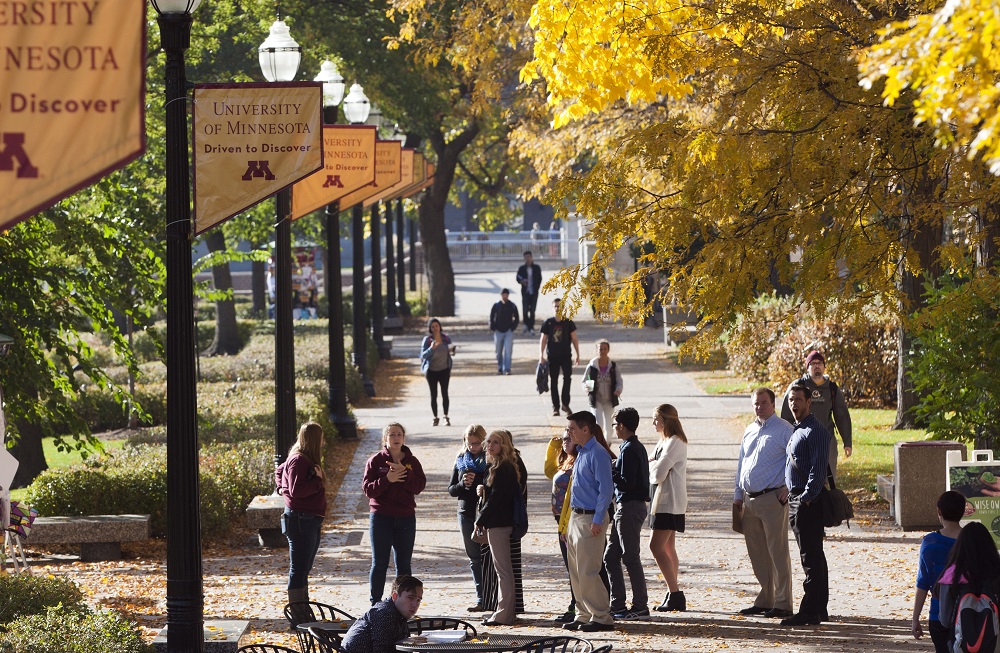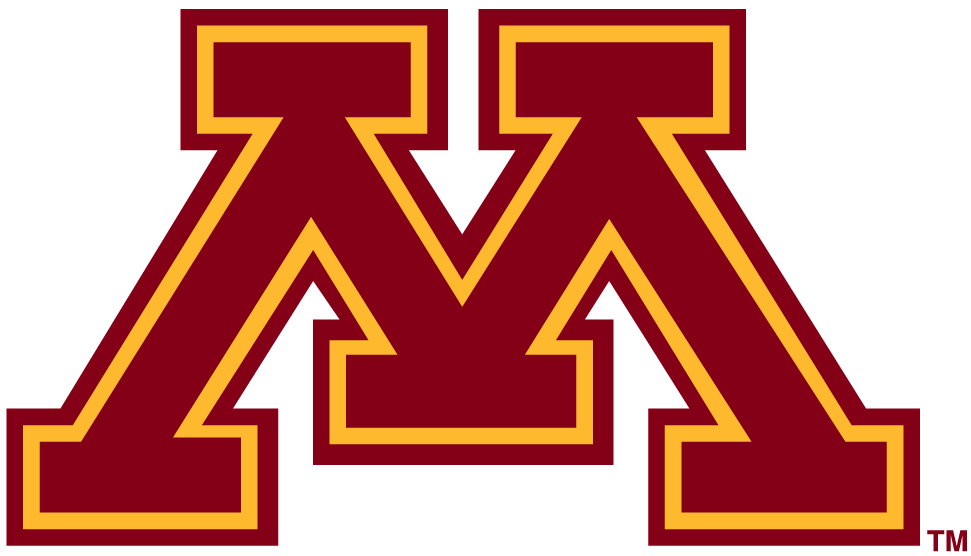University of Minnesota officials seeking $45 million in supplemental budget request

The day Gov. Tim Walz issued an executive order eliminating college degree requirements for more than 75% of state government jobs, University of Minnesota officials pushed forth to a House committee the system needs more state funding.
This year’s higher education law includes $1.51 billion for the university, a biennial increase of $125.2 million.
In the 2024 legislative session, an additional $45 million — 3.3% over base — will be sought for the university’s “core mission.” It is the request put forth last session for fiscal year 2025.
“The themes that emerged from our students, faculty and staff members with whom we spoke this summer were the notion that we need to focus on the needs of students in any kind of financial aspects that we're looking at in a budget request, that we need to acknowledge and support the needs of our faculty and staff around issues of compensation, and that we're seeking to remain a national leader and an economic driver for the state of Minnesota in many areas including health care, wellness, workforce, and sustainability,” Interim President Jeff Ettinger told the House Higher Education Finance and Policy Committee at an informational hearing Monday.
Per its presentation, officials say the increase would help:
- limit tuition increases for students;
- retain talent through increased compensation for faculty and staff;
- invest in more student services, such as counseling, advising, and academic support;
- maintain classrooms and instructional spaces;
- support research and technology infrastructure; and
- preserve and maintain safe, functional, and accessible facilities.
Rep. Gene Pelowski Jr. (DFL-Winona), the committee chair, made clear the university should not bank on receiving additional biennial funding. “I have no authority, nor will I guarantee any type of a supplemental budget in 2024.”
Enrollment trends, possible answers
Ettinger said the university has about the same number of students (68,000) as a decade prior; however, numbers at the outstate campuses has decreased.

Budget Director Julie Tonneson said plans and actions have begun to be implemented to increase enrollment numbers, while also adjusting campus budgets to reflect smaller sizes. “We have tough decisions to be made to reduce costs,” she said.
Campus or program closures are not planned, but no idea has been eliminated.
“Your consumers ultimately decide which of your products survive and which of them thrive. … Our consumers are our students. If we have programs on campuses that have now historically found that the students are just not now gravitating toward those programs it is incumbent on us to make some changes in that regard,” Ettinger said.
Officials from Minnesota State are scheduled to appear before the committee Nov. 6.
Related Articles
Search Session Daily
Advanced Search OptionsPriority Dailies
Ways and Means Committee OKs House budget resolution
By Mike Cook Total net General Fund expenditures in the 2026-27 biennium will not exceed a hair less than $66.62 billion.
That is the budget resolution approved Tuesday by the House Ways...
Total net General Fund expenditures in the 2026-27 biennium will not exceed a hair less than $66.62 billion.
That is the budget resolution approved Tuesday by the House Ways...
Minnesota's budget outlook worsens in both near, long term
By Rob Hubbard It looks as if those calling for less state spending could get their wish, judging from Thursday’s release of the February 2025 Budget and Economic Forecast.
A state su...
It looks as if those calling for less state spending could get their wish, judging from Thursday’s release of the February 2025 Budget and Economic Forecast.
A state su...